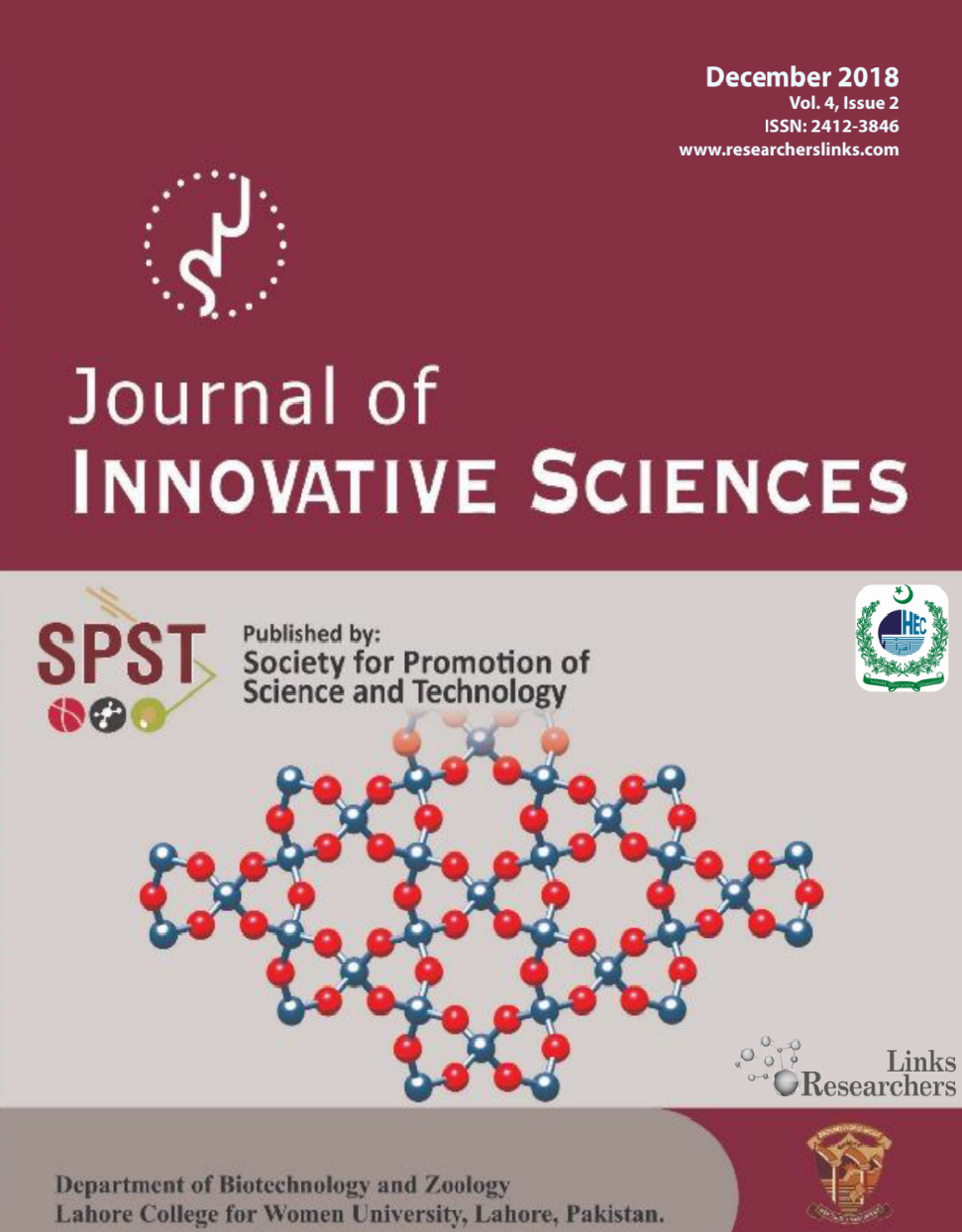Biodiversity Evaluation among Wild Jujube (Ziziphus nummularia (Burm. F.) Population in Thal Desert of Pakistan
Biodiversity Evaluation among Wild Jujube (Ziziphus nummularia (Burm. F.) Population in Thal Desert of Pakistan
Naseem Sharif1,2*, Imran Muhammad Siqqique2, Muhammad Kashif Raza3, Urwa Irshad1, Muhammad Ikhlaq Khan4, Ammara Noreen4 , Muhammad Ahsan Qureshi1, Mohsin Abbas5, Muhammad Maaz Aziz5, Sitwat Riaz5, Komal Aslam5 and Naseem Akhtar6
ABSTRACT
Thal zone of Pakistan is massive treasure of wild jujube germplasm (Ziziphus nummularia (Burm. F.)), but currently due to deforestation, global climatic changing scenario and shifting attitude of farmers towards other cash crops, the specie is in high risk of extinction. In this study, sixteen naturally growing wild jujube accessions were analysed based on multivariate analysis. Significant diversity was counted for selected morphological and biochemical traits like leaf length (1.8-5.4cm), thorn length (0.6-2.9 cm), fruit weight (1.88-4.72g), fruit length (8.83-19.34mm), fruit width (11.03 -22.74mm), stone weight (0.32-1.09g), TSS (5.9-13.2%) and vitamin C contents (131.2 to 165.56mg/100g). Most positive correlation was noted between leaf length and leaf width (r=0.897) whereas, the correlation between stem girth and stone width (r= -0.409) was most negative. In addition, principal component analysis (PCA) made it possible to establish similar and dissimilar groups of accessions depending on investigated traits. Dendrogram was successfully constructed with two main clusters (C1, C2) which further partitioned into sub clusters i.e. C1A, C1B, C2A and C2B. Fruit colour meter value showed average +a* =2.7 and average +b* =13.0 for Bhakkar accessions, while for Layyah accessions these were 3.8 and 16.4, respectively. Such variation can strengthen jujube germplasm conservation, be able to provide strong basis for initiating conventional breeding programmes and can be helpful in biotechnology for gene transfer process. Management of natural plantation of Ziziphus nummularia in Thal zone is highly favoured to save rich genetic resources of this unique jujube specie.
To share on other social networks, click on any share button. What are these?





